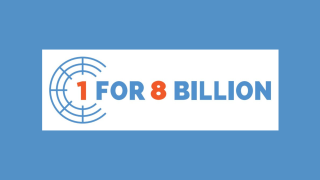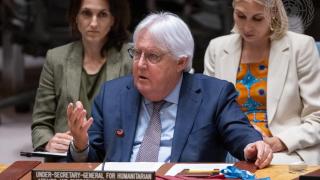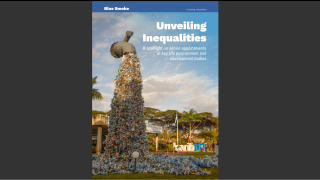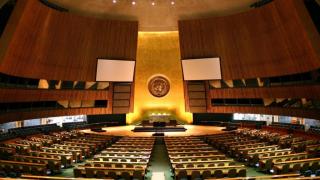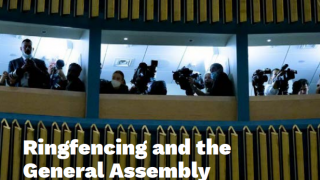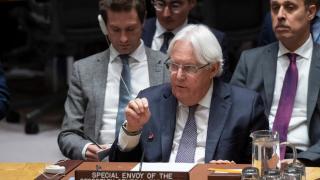
The Secretary-General has appointed Martin Griffiths, the current UN Special Envoy to Yemen, as the next UN Emergency Relief Coordinator.
Griffiths has over 30 years’ experience of humanitarian affairs, most recently in Yemen. UNA-UK welcomes the appointment of a highly experienced individual to this important role at a time of great need - from Ethiopia to Myanmar, Palestine to Yemen.
P5 monopoly of key positions
However, we note that this marks the fifth consecutive Briton to hold this position and we are concerned that British monopoly of this role continues without real challenge. This is emblematic of the wider issue of senior roles being ‘ringfenced’ informally for nationals of permanent members (P5) of the UN Security Council. France and the head of UN peacekeeping is another example.
On paper, senior positions should be advertised and qualified candidates, including women, shortlisted. But even when due process is followed, the outcome is vulnerable as many governments see getting their nationals into influential UN positions as a soft power objective. Pressure from powerful states, including on funding matters, has led to names being requested directly from certain governments. And these states have not always put forward well-qualified individuals, instead favouring politically expedient appointments. The UK, too, has been guilty of this in the past.
There are undoubtedly talented British citizens who would perform well in senior roles. Indeed, UNA-UK is grateful to count many of them as advisors. However, the grip of the P5 on key positions damages the UN’s credibility, gives the impression of partiality and ignores qualified candidates from other parts of the world - including those most affected by humanitarian operations. It also raises questions about the independence of appointees, who serve as international civil servants, not representatives of their governments. Perceptions matter - if an organisation or its staff are not seen as independent, effectiveness will be diminished.
Need for merit-based processes, open to all
UNA-UK has long called for open and transparent appointment processes in which merit, not nationality, should be the deciding factor when appointing senior UN officials. Most recently, our Together First campaign has reiterated this demand that UN appointments be merit-based and open to all, following a global talent search.
It is understood that Mr Griffiths was chosen in favour of the UK government’s preferred candidate, Nick Dyer. This decision followed a series of public challenges from the humanitarian sector that called on the Secretary-General to conduct a merit-based appointment process, including by soliciting candidates from other countries. UNA-UK coordinated an open letter to Prime Minister Boris Johnson, signed by 50 former diplomats, parliamentarians and civil society leaders, calling on him to champion an open and inclusive appointment process for the UN’s most senior humanitarian official.
Ben Donaldson, Head of Campaigns at UNA-UK said:
"This was not a clear cut 'UK gets its own way' situation. Nevertheless, the apparent unwillingness to appoint anyone but a British national damages the UN’s credibility and ignores a swathe of global talent. The Secretary-General must consistently implement transparent, inclusive processes to fill senior appointments - geared to finding the best person for the job, not the best passport-holder for the job."
A former British diplomat, Mr Griffiths was a founding director of the Centre for Humanitarian Dialogue in Geneva and later served as the Executive Director of the European Institute of Peace. He has previously worked for UNICEF and Save the Children, as well as served as a senior official in the U.N.’s humanitarian affairs office in the 1990s.
Since 2018, he has served as the UN Special Envoy to Yemen and will stay in post until a successor is appointed. After six years, the Yemen civil war rages on and is at present the worst humanitarian crisis the United Nations faces. In light of the UK’s strong support for the Saudi-led coalition perpetuating this crisis, and with the UK dramatically cutting its aid budget and closing its world-leading Department for International Development, there should be reservations about appointing another Briton as Special Envoy.
Read more:
- UNA-UK’s statement on the ERC recruitment process
- Together First’s merit-based appointments list
Photo: Martin Griffiths briefs the Security Council meeting on the situation in the Middle East (Yemen). Credit: UN Photo/Eskinder Debebe

